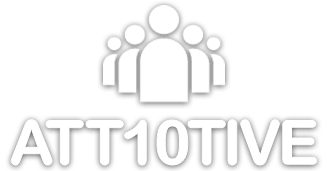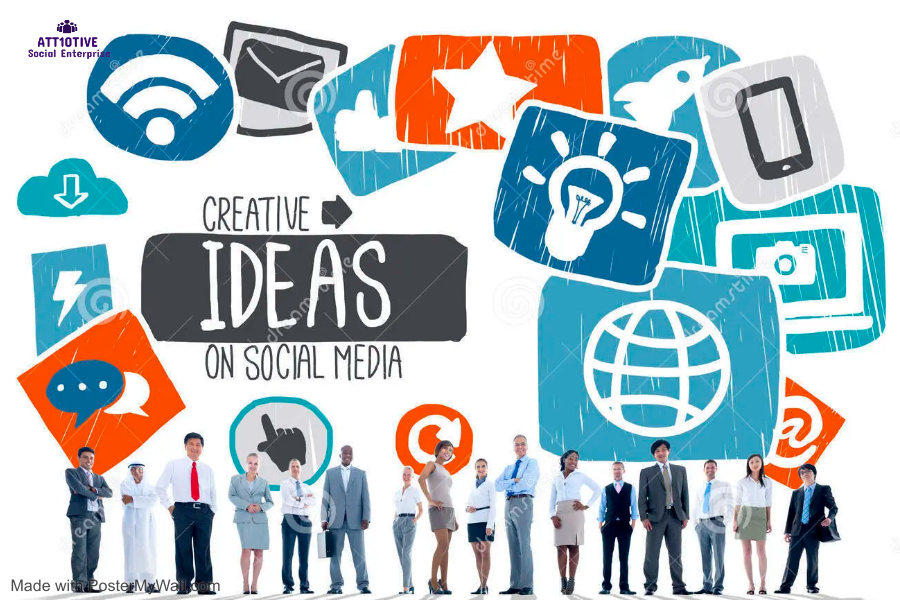Ruths Blog Social Media And Creativity
As we all know, social media has become a big part of everyone’s lives. From being the means of interactions among people in which we create, share and/or exchange information in virtual communities and networks such TikTok; 50% of the population uses social media. Social media has introduced us to a new dimension of social opportunities such as connecting with new people, cultures and even advertising/promoting personal businesses.
Although this multitude of applications and websites has created a chain of clear advantages, some people may hold the view that it might have the contrary effect on creativity. Is social media killing creativity or is it opening new ways in which we express creativity? This blog takes into account both sides of the argument and hopefully reaches a sensible conclusion for all.
The impact of social media on mental health has already been established as negative. Research shows that an individual spends a minimum of five hours on their phone, and checking back up to 84 times a day. Psychological study by Whitney Davis and Dara Zabelina concluded that artistic people or people who think in a creative matter are less prone to actively engage on social media. Whereas those with real life artistic accomplishments tend to be more active on social media. Some people argue that due to consumerism, content is recycled instead of individuals creating original material. This can be supported by the study conducted in the university of Michigan which stated that the more social media content one consumes, the less likely they are to come up with original ideas. The study’s authors suggest that social media often leads to ‘cognitive overload’, meaning people spend the majority of their time consuming, therefore being left with a minuscule amount (of brainpower) to produce their own work. It’s also common to find people who admit to fall in rabbit holes when consuming content when looking for inspiration. Then again, due to this, content overload can lead to unnecessary comparisons between individuals, people become more preoccupied by the amount of attention received rather than just producing art. Therefore, people are left with doubts on whether to post their art as they could fear rejection/not enough attention, limiting some their artistic capabilities.
On the other hand, some people argue that the ability to discover more connections and interactions, can contribute to more creativity as it exposes us to different perspectives, by allowing us to get out of our comfort zone (what we are used to). Furthermore, social media has increased the creativity of generation Z, younger people feel more motivated to create content of their own. This idea could also stem from seeking a side hustle, gen Z are more prone to be hyperactive in finding new and innovative ways to earn income. These methods could range from being a vlogger, singer and even makeup artist, the attracting reputable brands for promotions.
To conclude, social media has a wide range of advantages as well as disadvantages many of which interestingly impact our creativity. Social media can help broaden your horizons a well as your financial means but the way in which you use it can determine how detrimental it is to your life. It’s is recommended to use it with moderations to keep a sense of self identity and remain grounded.

